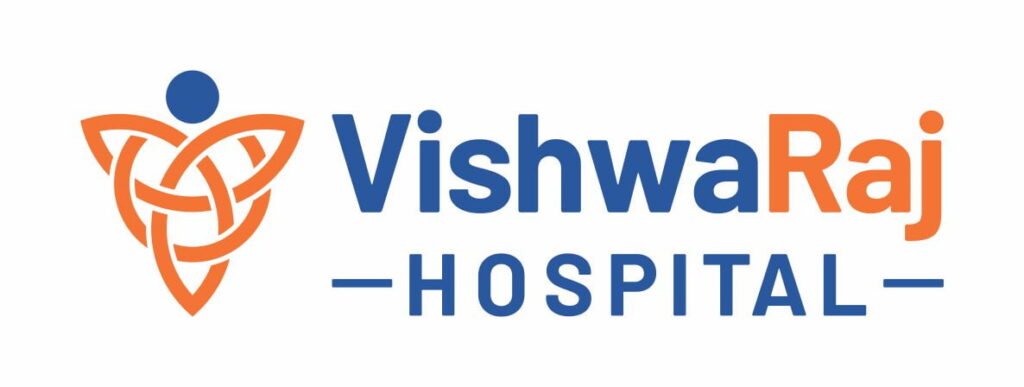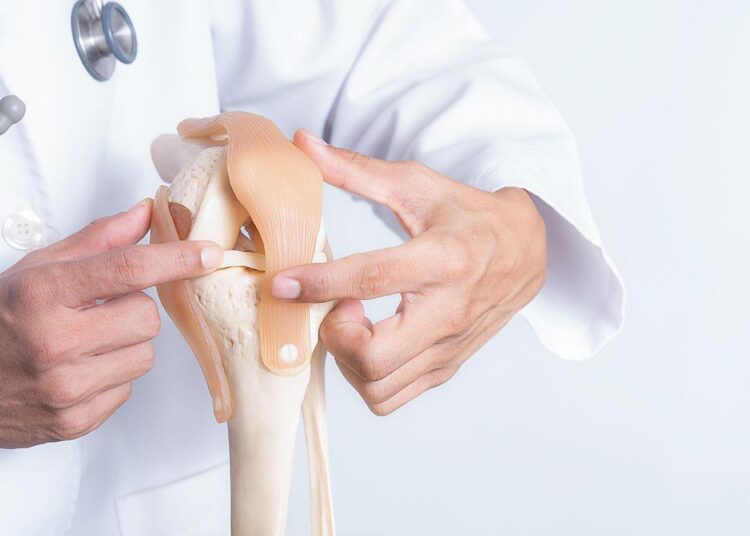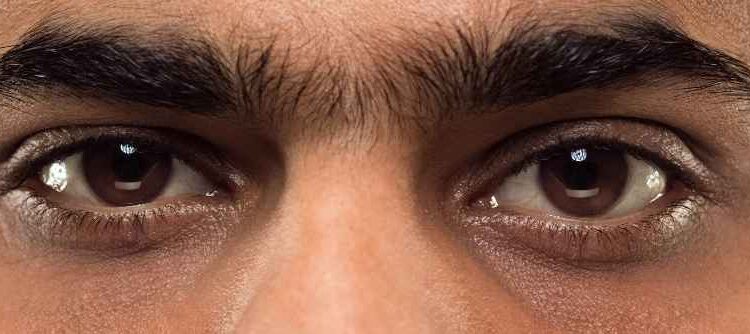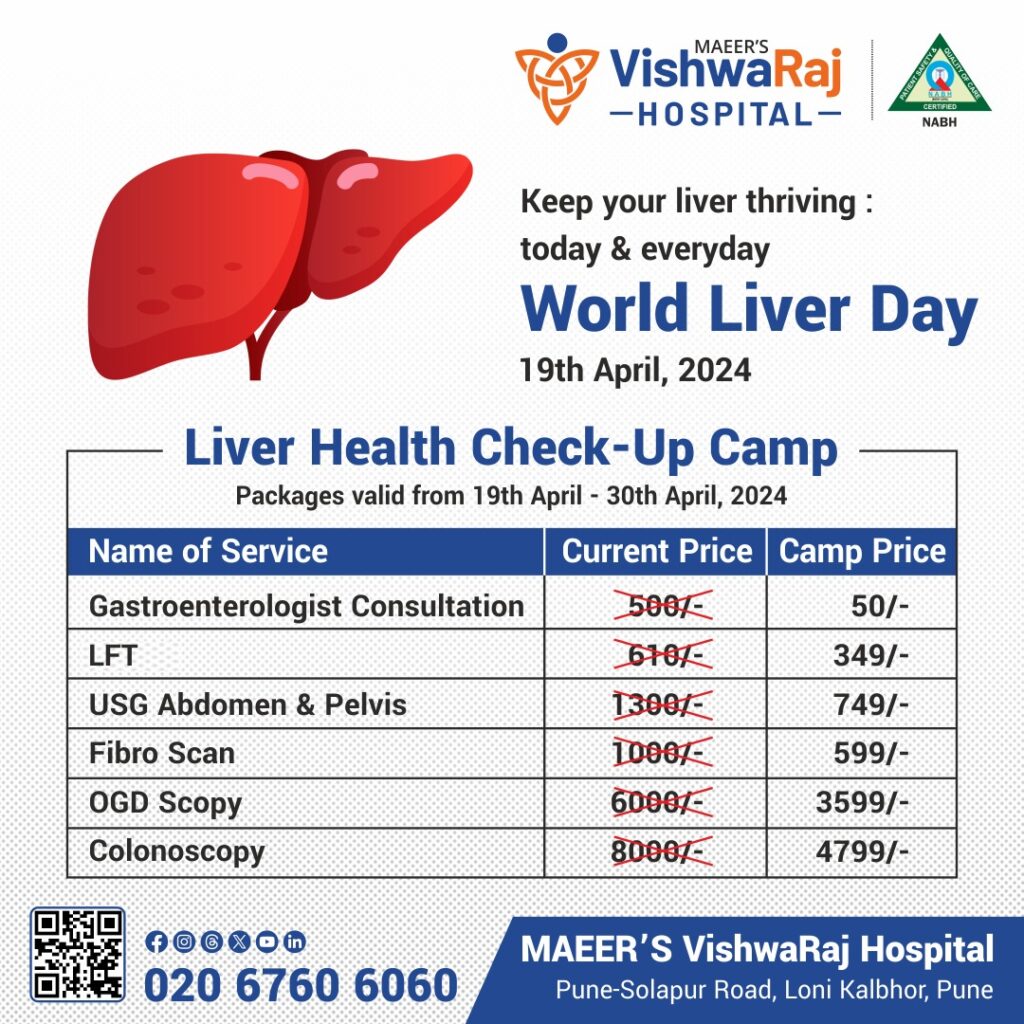What to Eat and What to Avoid After Laparoscopic Surgery?
- Written by:Department Of General Laparoscopic Surgery
- Published: January 22, 2021
- 4 min Read
Surgeries can result in anxiety inside a lot of people. So, knowing what to eat and what not to eat after the laparoscopic surgery calms the patients. Now a days, Laparoscopic surgery is the most preferred treatment for gallbladder stone, hernias, and anti-reflux hysterectomy. Moreover, people also carry out surgery for weight-loss. In laparoscopic surgery, the doctor uses a small incision to carry out the surgery in the abdominal area.


The doctor inserts a video camera with high-resolution known as laparoscope through a single incision. The camera helps the surgeon to look inside the body while he moves tools inside the abdomen. He carries out the work through other incisions he made previously.
Food preferable to eat after laparoscopy
After going through this major surgery, it is essential to eat healthy to recover faster. Since eating the right food can avoid conditions like high blood glucose and constipation. Additionally, they are also necessary for increasing the protein content in your body to heal faster. Thus, the required food choices are:
Start with a liquid diet.
It is good to only have a liquid diet after going through the surgery. However, if the physicians find it okay to eat regular food, you can progress with it. The liquid diet food contains all clear liquid varieties of food like soup or broth, milk, curd, pudding, etc.
In addition to these, you can also include cream of rice, creamy soup after straining it, custard, and sherbet. Make sure to avoid food with seeds and nuts. However, if you are lactose intolerant, choose lactose-free options.
Fiber is a must
Please include as much fiber as possible. It is essential for the healing process. High-fiber food not only helps in recovery but it also helps in preventing complications like constipation. Constipation is prevalent after the surgery. It is highly annoying as it increases the pain and even the chances of hospitalization again.
So, add fiber food supplements, such as psyllium husks, and add high-fiber food to your diet. Obtaining fiber from a natural way is proven better. High-fiber food includes:
- Whole grain bread: Eat bread that contains whole grain and are dark in color. Refined bread is not a good source of fiber.
- Fruits: Fresh fruit contains high amounts of fiber and vitamins.
- Cereals: Every cereal is not rich in high-fiber content. Make sure to check the label before buying it. It should contain high fiber and low sugar. Look that your cereal contains fiber with a name on it. Some famous breakfast names are cream of wheat or oatmeal.
- Vegetable: One of the most excellent sources of fiber is vegetables. Moreover, you can purchase it frozen or fresh.
Avoid food that can cause constipation.
Constipation is the common complication that you can suffer after surgery. This complication mainly occurs because of painkillers such as opioids. This medication is frequently used in the days after the surgery for releasing the pain.
However, some food helps in preventing the condition of constipation. In contrast, other foods can make constipation worse. Foods that can cause constipation are:
- Cheese: Cheese is rich in fat.
- Processed food: Processed food has a high fat and sugar content and a little bit of fiber.
- Red meat: Beef and other types of red meat are rich in high saturated fat.
- Dried or dehydrated foods: Some examples of dehydrated foods are beef jerky, dried fruits, prunes, and specific potato chips.
- A dairy product like milk: Avoid milk and other full-fat dairy product like sour cream and ice cream.
- Sweets: Try avoiding sweets like candies, cakes, pastries, and additional sugar content.
Fresh fruits and veggies
Fresh fruits and veggies are high source of fiber and nutrients. Both the content are essential for recovery and are always advisable by the doctor after surgery. However, it does not mean that canned or frozen food is terrible. But try to make out what is right and what is wrong. For example, take fresh broccoli and ignore processed food like canned broccoli soup.
Eating a larger quantity of fruits and vegetables can increase the gas problem, which is often very embarrassing. But they usually pass within two or three days. However, if the complication increases to abdominal cramping, then reduce the intake level. You can also use a gas reliever such as Beano or Gas X.
Low-fat dairy products
Dairy products can be an excellent source of healing after surgery as they contain a lot of protein. But many people experience constipation after consuming dairy products after surgery. There are also cases which show dairy product enhances the secretion inside the lungs. This secretion may result in chronic cough. Therefore, it is best to avoid the dairy product.
If you can continue consuming dairy products without becoming sick, then consider low-fat dairy products. These products include yogurt, cottage cheese, and skim milk. Avoid low-fat cheese for better protection.
Lean protein for a diet
You will find lean protein in lean meats like turkey, pork, and chicken. Seafood also contains a high source of lean protein. However, avoid red meat as it has a high amount of saturated fat, and it is capable of triggering constipation.
If you don’t eat meat and is a pure vegetarian, there are options other than meat from where you can get protein. You can eat beans, tofu, nuts, tempeh, and texturized vegetable protein.
Conclusion
It is essential to know what to eat after laparoscopic surgery to stay fit and happy. However, eats as your body demands. Everybody reacts differently and naturally heals at a different pace. So, it is essential to listen to your body. Remember the things you are consuming should be healthy. And if there is any problem relating to your health, consult your doctor.
Related Read
Umbilical hernia signs and symptoms
A hernia is a problem that arises when an internal organ pushes itself out from a weak spot in the body tissue or muscle. There are different categories of hernia that you can develop, like femoral hernias, inguinal hernia, Hiatal hernias and umbilical hernia. According to a study, umbilical hernia is the second most common type of hernia developed in adults after inguinal hernia.
Warning: Trying to access array offset on value of type null in /home/drr41ih765mp/public_html/wp-content/plugins/jblog-elements/includes/class/elements/views/view-abstract.php on line 142
Warning: Trying to access array offset on value of type null in /home/drr41ih765mp/public_html/wp-content/plugins/jblog-elements/includes/class/elements/views/view-abstract.php on line 142
Warning: Trying to access array offset on value of type null in /home/drr41ih765mp/public_html/wp-content/plugins/jblog-elements/includes/class/elements/views/view-abstract.php on line 142
Warning: Trying to access array offset on value of type null in /home/drr41ih765mp/public_html/wp-content/plugins/jblog-elements/includes/class/elements/views/view-abstract.php on line 142
Warning: Trying to access array offset on value of type null in /home/drr41ih765mp/public_html/wp-content/plugins/jblog-elements/includes/class/elements/views/view-abstract.php on line 142
Warning: Trying to access array offset on value of type null in /home/drr41ih765mp/public_html/wp-content/plugins/jblog-elements/includes/class/elements/views/view-abstract.php on line 142
Warning: Trying to access array offset on value of type null in /home/drr41ih765mp/public_html/wp-content/plugins/jblog-elements/includes/class/elements/views/view-abstract.php on line 142
Warning: Trying to access array offset on value of type null in /home/drr41ih765mp/public_html/wp-content/plugins/jblog-elements/includes/class/elements/views/view-abstract.php on line 142
Related Posts
The Importance of Orthopedic Care: How it Impacts Your Quality of Life
The Importance of Orthopedic Care: How it Impacts Your Quality of Life Introduction In the pursuit of a fulfilling life, ...
“Stay cool, stay safe: Beat the heat, avoid heat stroke.”
Department by: Internal Medicine Last Read: 4 min ago As the temperatures rise during the hot summer months, it's important ...
Sudden Onset (Sensorineural) Hearing Loss
Department by: ENT Last Read: 4 min ago As the name suggests, it’s a sudden rapid and unexplained loss of ...
Retinitis pigmentosa and its effect on the quality of life
Retinitis pigmentosa and its effect on the quality of life: On one fine day in our ophthalmic clinic, a father ...






